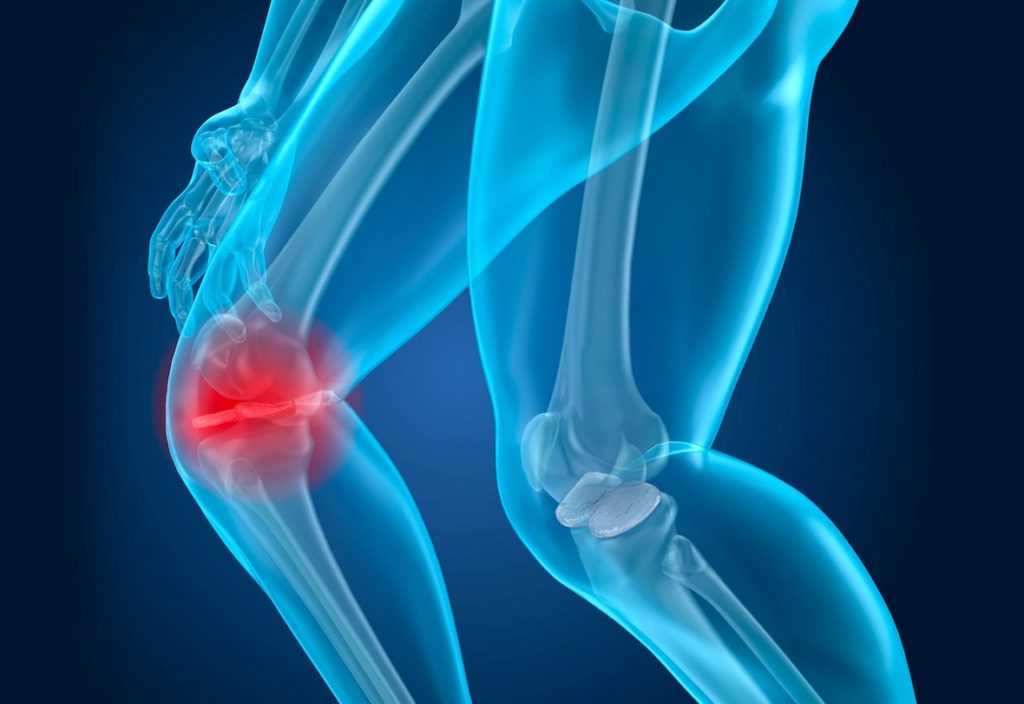
Biopôle-based digital health specialist Incepto raises EUR 27 million
22 September 2022

Incepto, a platform for artificial intelligence solutions applied to medical imaging, has raised EUR 27 million. The company’s aim is to treat one million patients every month in Europe by 2024.
Based at the Biopôle in Epalinges (canton of Vaud), Incepto is the first European platform for artificial intelligence solutions applied to medical imaging. With more than 100 clinical facilities regularly using the Incepto platform and more than 100,000 patient exams screened by AI algorithms each month, Incepto is the leading European platform for artificial intelligence solutions for all areas of radiology.
The company has two missions: it provides all the technical and clinical services to integrate AI solutions into clinical routine via a unified, secure and interoperable platform. On the other hand, Incepto’s scientific and medical teams develop AI solutions for clinical needs that are not currently addressed by other AI vendors.
As part of a financing round led by LBO France, with the participation of Wille Finance and its historical investors AXA Venture Partners (AVP), the Patient Autonome fund of Bpifrance and Karista, Incepto has just raised EUR 27 million. This financing marks a new step for Incepto, which is launching its services in four new European countries (Germany, Spain, Italy and Portugal).
By 2024, Incepto plans to help one million patients in Europe monthly with its artificial AI-powered applications.
New partners and a strong growth
Incepto also announced the signing of five new partnerships (IBlab, Milvue, PaIRe, Smartsoft and Thirona) to expand its portfolio of applications in the fields of medical imaging, emergency care, oncology, orthopedics, rheumatology and pneumology.
By extending its geographical coverage and developing its portfolio of applications, Incepto is responding to major public health challenges: reducing waiting times for examinations, alleviating the lack of specialists for certain serious pathologies, and supporting the work of doctors in the face of the growing amount of data to be analyzed, which is making it possible to rethink patient management in several care sectors, such as emergencies, cancer, cardiology, and neurodegenerative diseases.

